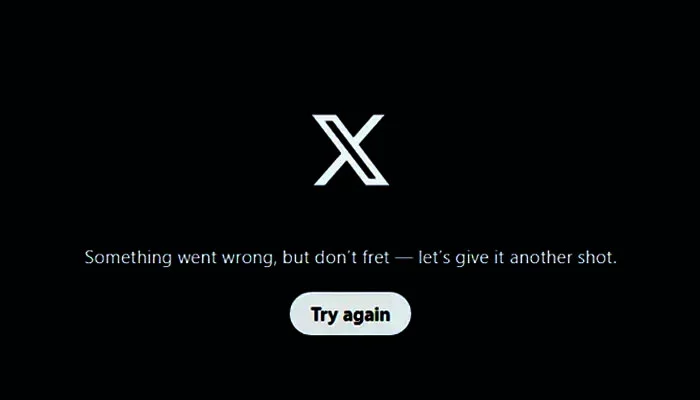In a recent ruling, Brazil’s Supreme Court has ordered the shutdown of a social media platform, X, within the country. The decision came after the platform, owned by billionaire Elon Musk, failed to appoint a legal representative in Brazil. This move follows an ongoing public dispute between Judge Alexandre Moraes and Musk, stemming from X’s refusal to comply with legal mandates to block specific accounts accused of disseminating fake news and hate speech. Brazilian internet regulations stipulate that social media platforms must have a local representative.
President Lula emphasized that all individuals and entities investing in Brazil are subject to its laws and constitution, regardless of their nationality or financial status. Musk previously criticized Judge Moraes and referred to him as a “lapdog” and a “dictator” in a post on X. Judge Moraes reiterated the necessity of regulating social media to combat hate speech and emphasized the accountability of those who violate democratic principles and human rights, both online and offline.
Earlier, Judge Moraes had ordered X to block certain accounts linked to the spread of falsehoods and hate speech. In response, Musk fired X’s Brazilian staff and ceased its operations, asserting that the order amounted to censorship. It’s important to note that in compliance with Brazilian internet laws, social media platforms are required to have a local representative.
To enforce the shutdown in Brazil, Judge Moraes would need to instruct telecommunication companies to halt X’s traffic. However, users could potentially bypass the blockade using virtual private networks (VPNs). Additionally, in the midst of the X dispute, Brazil’s Supreme Court froze the local bank accounts of Starlink, a satellite internet firm 40% owned by Musk. Musk has assured users that Starlink services will continue to be available for free in Brazil until the situation is resolved, citing the reliance of many remote schools and hospitals on the company’s internet connectivity.
















